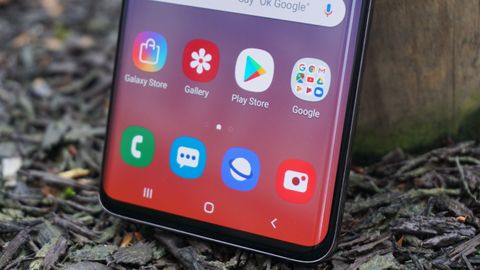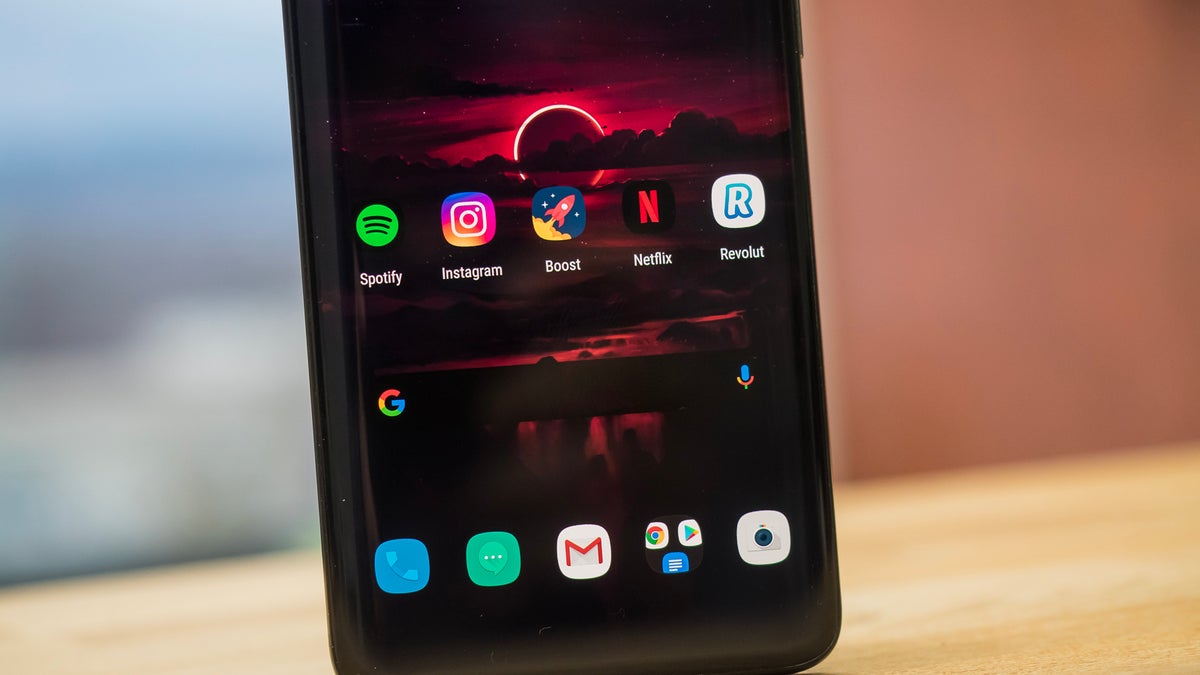
“In the mobile internet industry, entry point stands for products, and affords flow volume and users,” explains Zhang. However, developing software didnt go so smoothly, and the company struggled for success until 2010, when Go Launcher went live. In 2005, the company began to pay equal attention to both the 3G Portal and software development. The two young men were pioneers who disrupted the paid mobile content business model by offering free content through 3G Portal. Sungy Mobile started from 3G Portal, a website developed by Zhang and his university classmate Deng Yuqiang in 2004. Now, the development of the mobile internet enables more Chinese enterprises such as Sungy Mobile to compete in the international market. The previous internet trend in China was to copy the Silicon Valley pattern. Go Launcher has become the most important distribution platform for Chinese mobile apps in foreign lands. Global users of Go Launcher have reached nearly 270 million, with 70 percent outside China. By the fourth quarter of 2013, downloads of the Go series apps, developed by Sungy Mobile, ranked third on Google Play, following only Facebook and Google. In November 2013, Sungy Mobile, with Zhang as its president, arrived on NASDAQ, marking the first Chinese mobile internet company to go public in the U.S. Since then, Zhangs life has been closely tied to the internet and mobile phones.

However, just 15 years later, the fantastical prediction became cold, hard reality.
He never forgot a remark made by a high-ranking Intel manager: “In the future, every mobile phone will become the internet.” In 1999, when most Chinese people didnt even have access to a PC or the internet, this sounded like science fiction. In the very place where the first computer was sold in China, Zhang witnessed the computer storm sweep across China from the United States. For a long time after graduation, Zhang roosted in Zhongguancun, the eye of the technological storm in China at that time.

In that year, 22-year-old Zhang graduated from the Department of Information Management at Peking University. Over a decade later, Zhang considers 1999 a game-changing year.


 0 kommentar(er)
0 kommentar(er)
